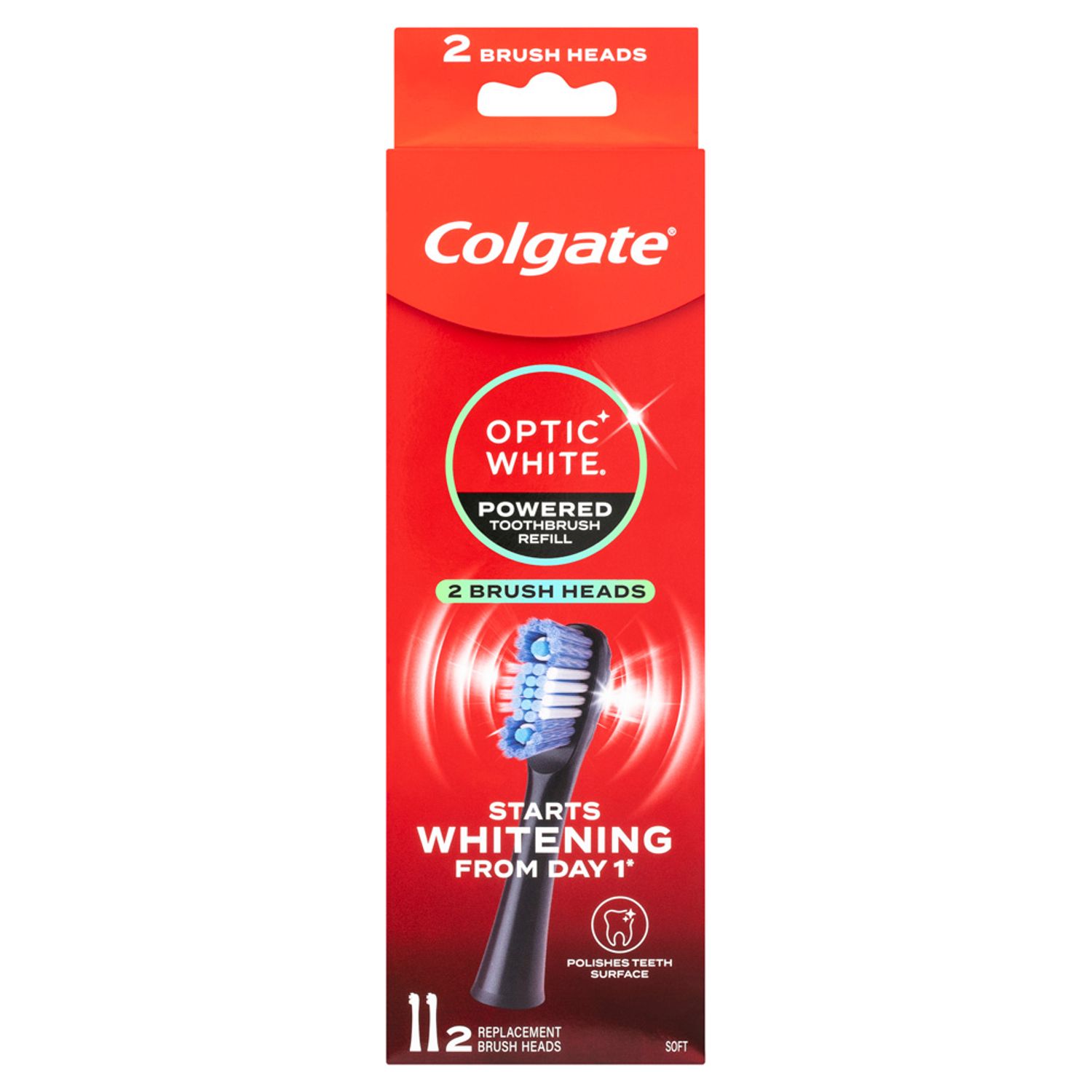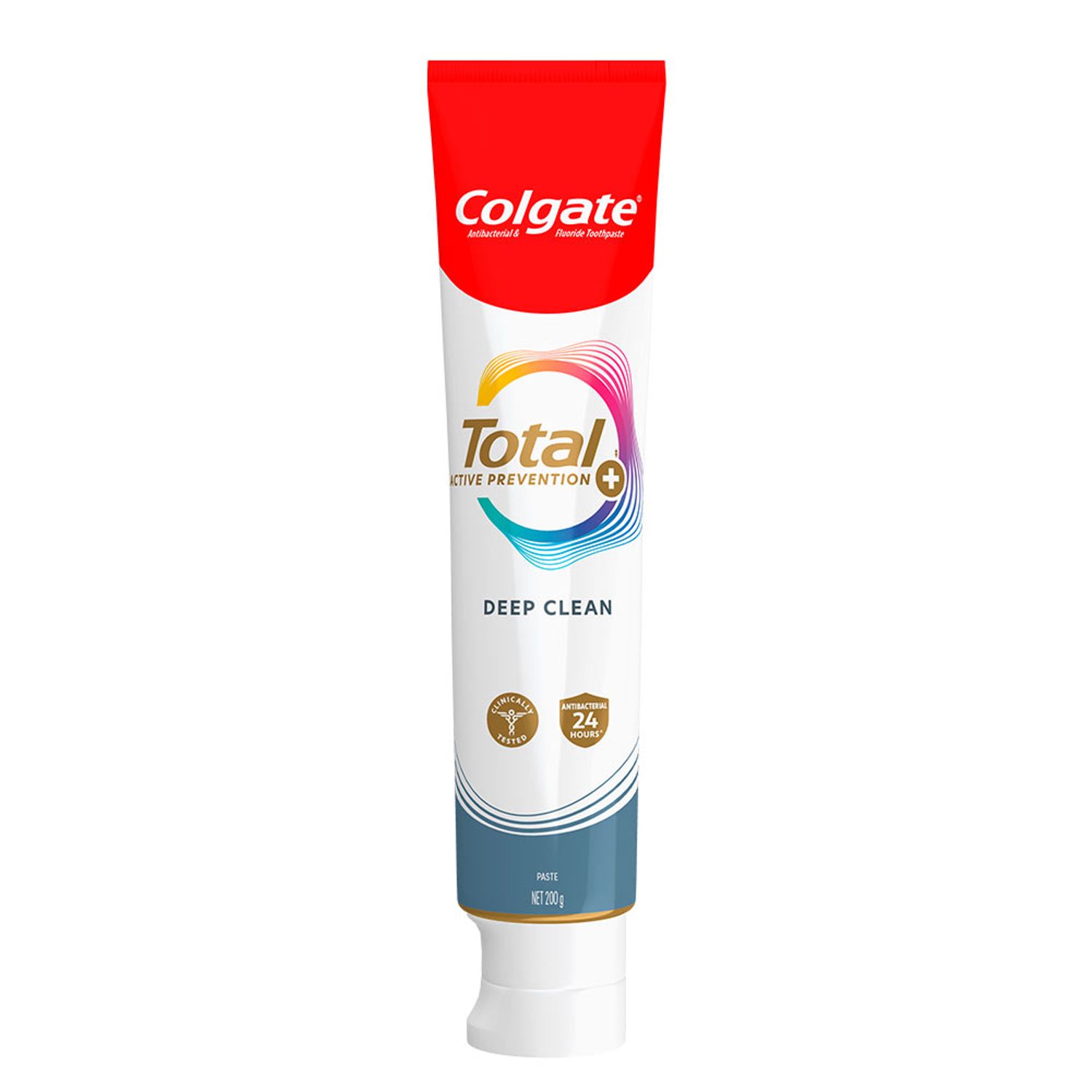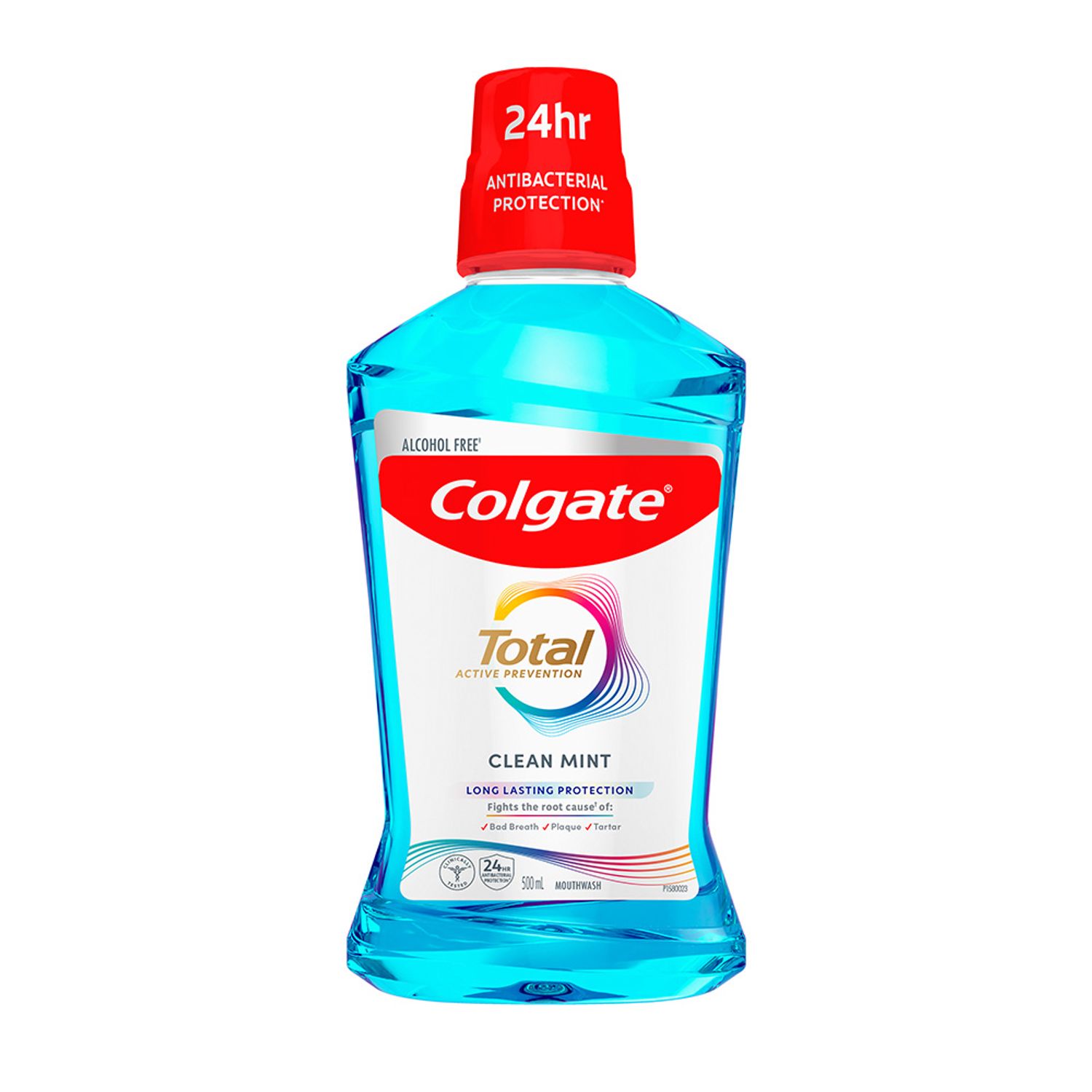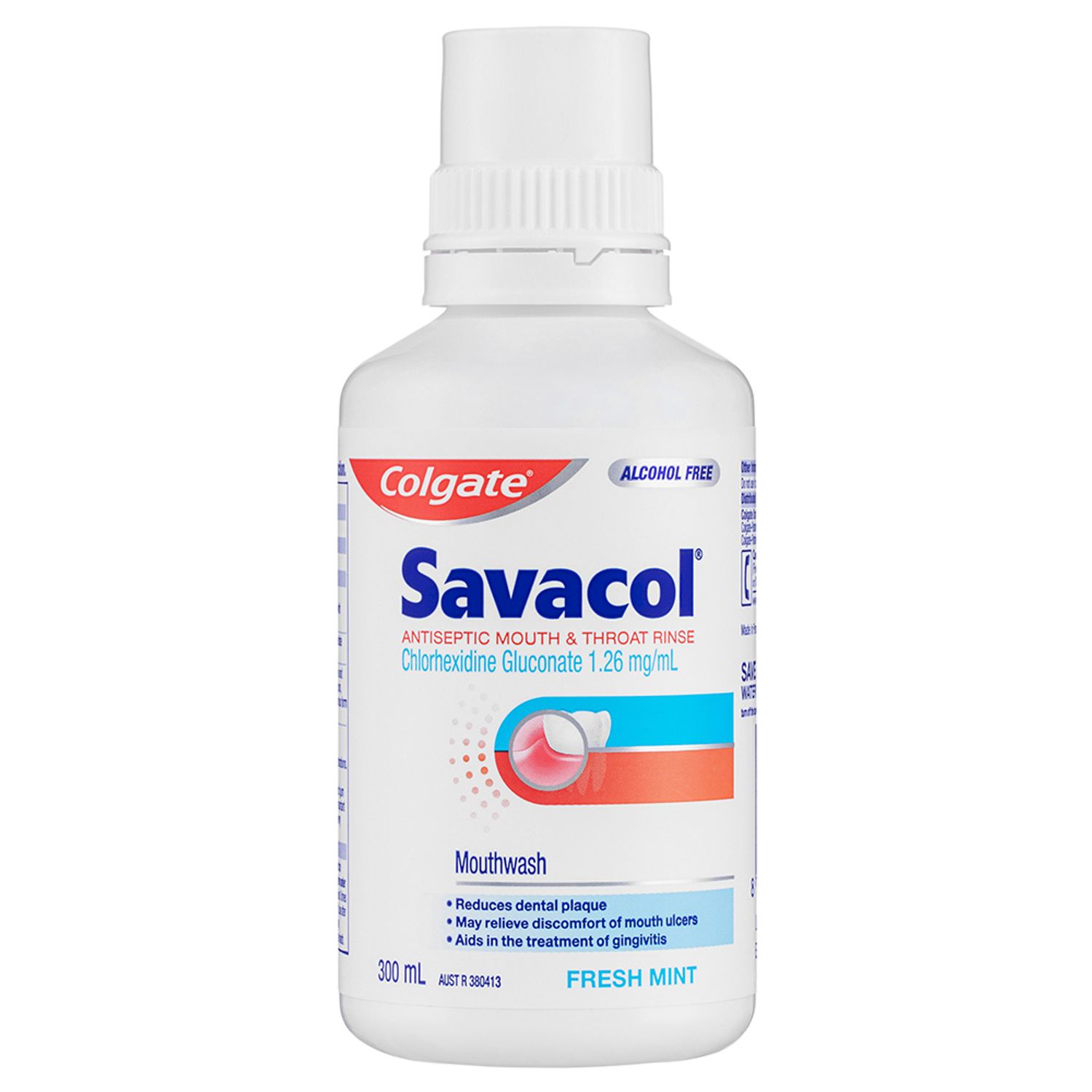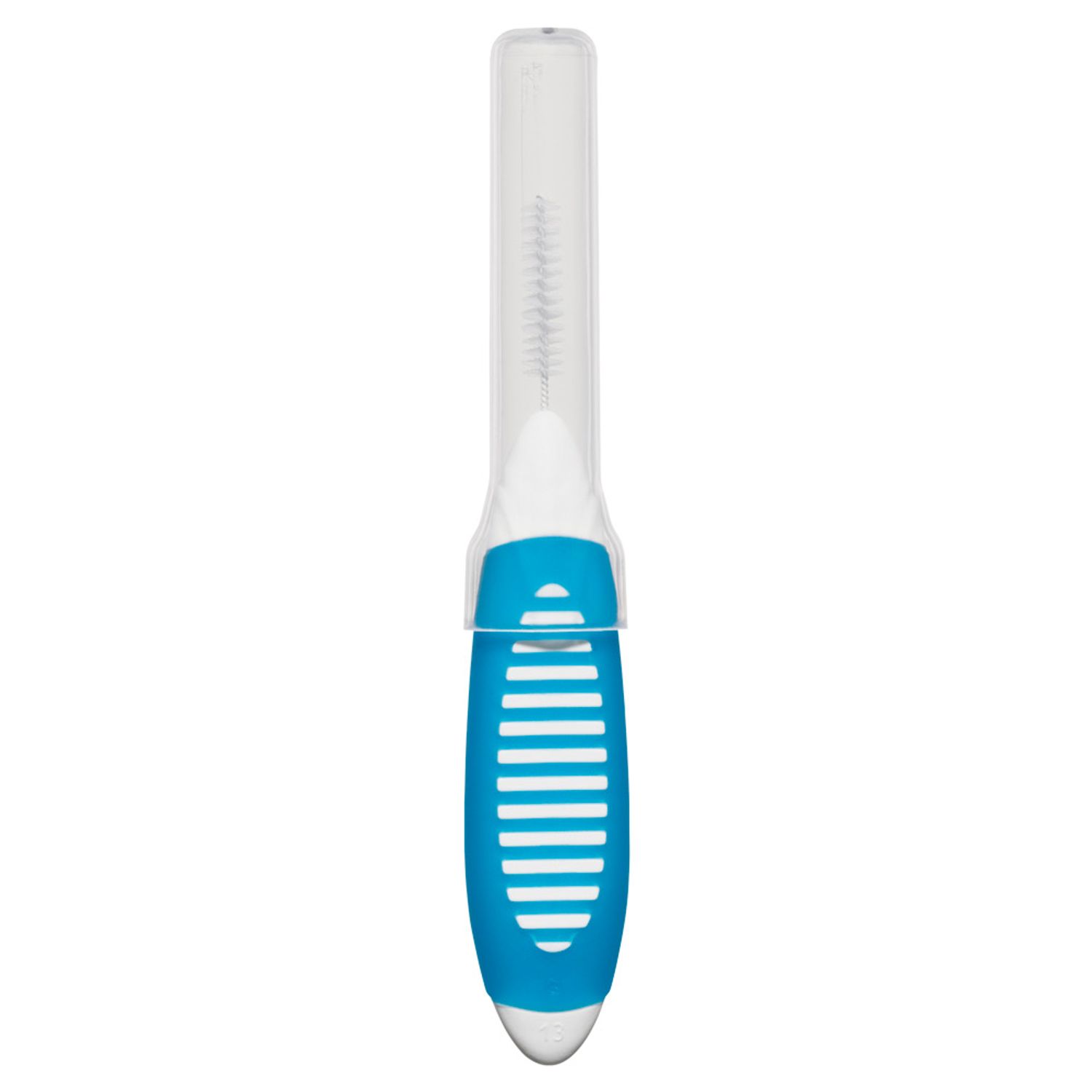-
-

BRUSHING & FLOSSING
How to BrushWhat Is the Right Way to Brush?
Proper brushing takes at least two minutes — that's right, 120 seconds!...

BRUSHING & FLOSSING
How To FlossWhat is the Right Way to Floss?
Proper flossing removes plaque and food particles in places where a toothbrush cannot easily reach... -
Science & Innovation
- Colgate® | Toothpaste, Toothbrushes & Oral Care Resources
- Oral Health
- Treatment Options for Tooth Sensitivity
Tooth Sensitivity – Overview
Tooth sensitivity is due to the exposure of dentin, the part of the tooth which covers the nerve, either through loss of the enamel layer or recession of the gums. Temperature changes and certain foods (acidic or sweet) can cause the tooth or teeth to be painful. The pain usually subsides after a short period of time.
The dentin contains a large numbers of pores or tubes that run from the outside of the tooth to the nerve in the centre. When the dentin is exposed, these tubes can be stimulated by changes in temperature or certain foods. Here is an image of what the dentin tubes look like under the microscope:

The best way to find out why a tooth is sensitive is to have dental professional examine you. They can look for the signs of dentin exposure, and run tests to determine what the true cause of the sensitivity is. Sometimes, the sensitivity is due to a cavity or gum disease – these can be treated to address the sensitivity. Other times, the cause of the sensitivity is because the enamel has been lost through abrasion or erosion, or the gums have receded, causing the roots to be exposed.
What Can Be Done?
If the sensitivity is due to a cavity, a restoration can be placed. If gum disease is the cause, the dental professional can perform a thorough cleaning of the area.
However, if the cause is from dentin being exposed, then there are a number of professional and at home treatments that can be used to reduce the sensitivity.
In Office Procedures:
- Fluoride varnish can be applied to exposed areas, strengthening the enamel and dentin
- Fluoride foam or gel can be placed into a mouth tray; you then sit with this in your mouth for 3-5 minutes, providing the teeth with a high concentration of fluoride to strengthen the areas
- Bonding agent, the material used to stick tooth colored restorations to teeth, can be used to seal the dentin surface and provide a barrier to the stimuli that cause sensitivity
At Home:
- Use a very soft bristle tooth brush, with low abrasive tooth paste
- Brush correctly and do not over brush
- Use a tooth paste specially formulated to soothe the nerve endings in the tooth
- Use a high concentration fluoride toothpaste (given to you by the dental professional) to strengthen the tooth surface
There are a number of treatments available, and your dental professional can help you find those that will work best, depending on your situation. Always seek a dental professional's help – do not try to diagnose this problem yourself. It may be the sign of something more serious, and only a dental professional can tell you what it really is.
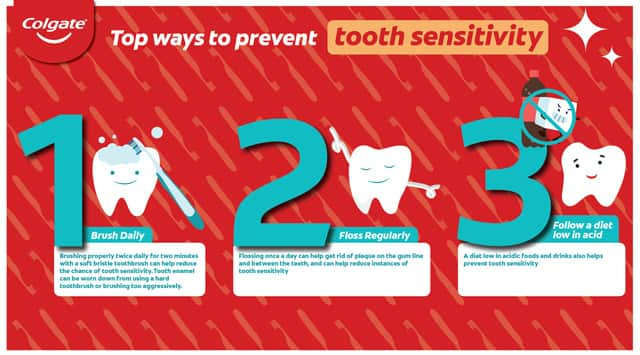
This article is intended to promote understanding of and knowledge about general oral health topics. It is not intended to be a substitute for professional advice, diagnosis or treatment. Always seek the advice of your dentist or other qualified healthcare provider with any questions you may have regarding a medical condition or treatment.
Related Products
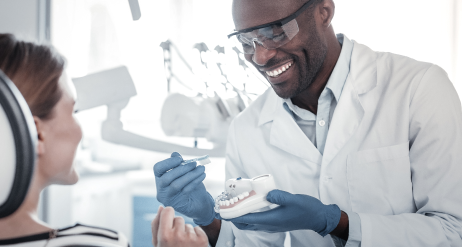
Helping dental professionals
More professionals across the world trust Colgate. Find resources, products, and information to give your patients a healthier future

